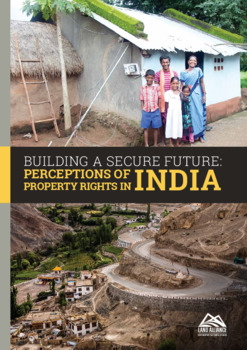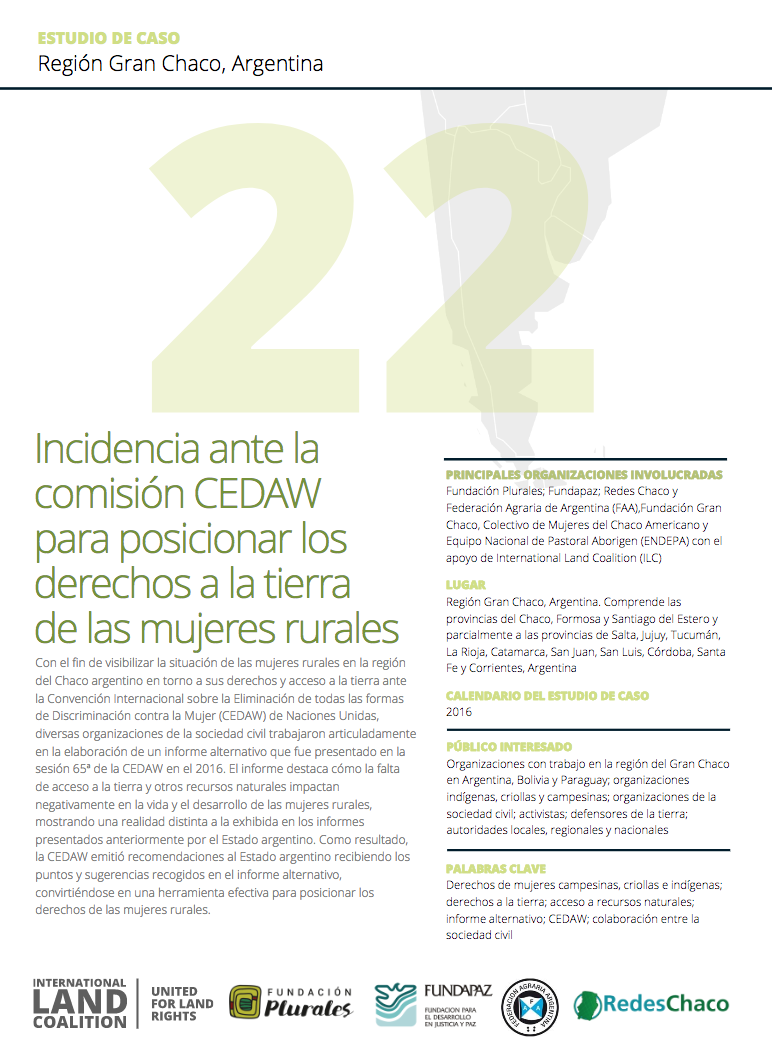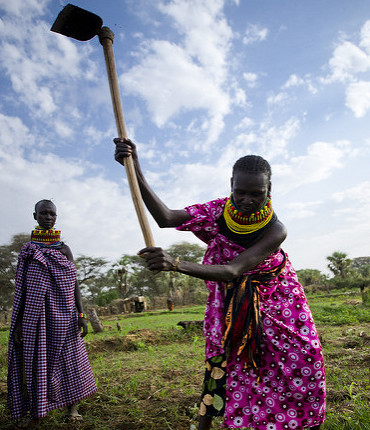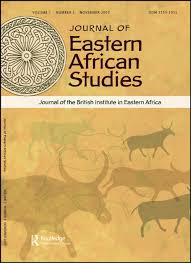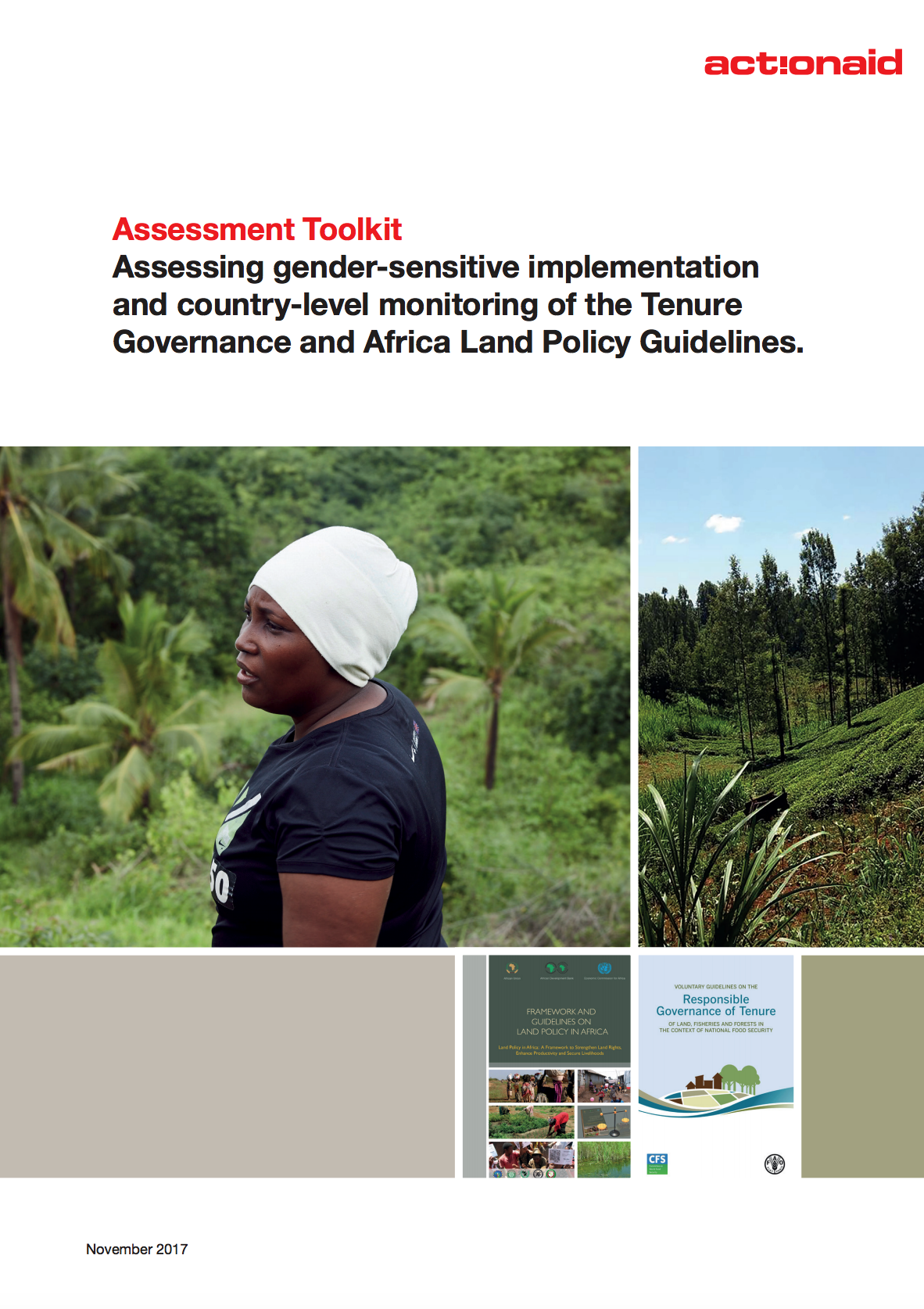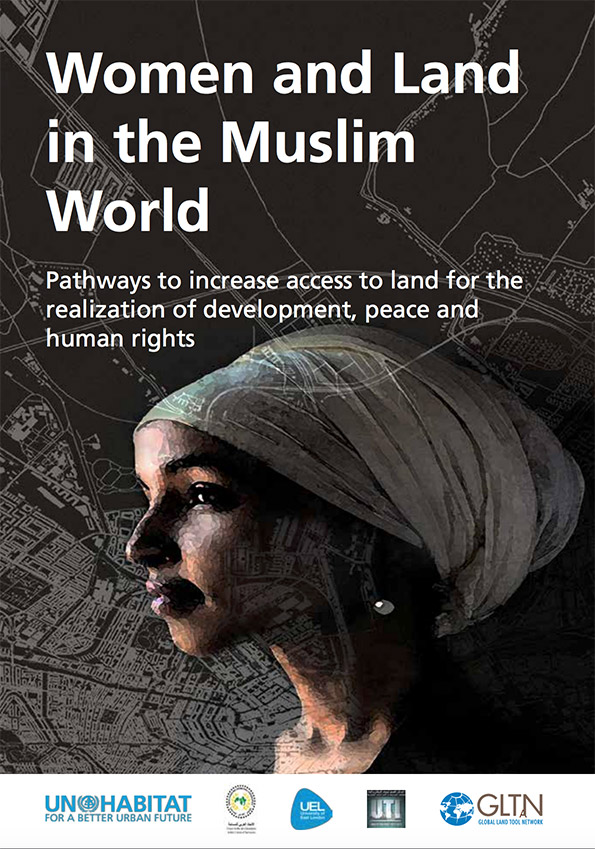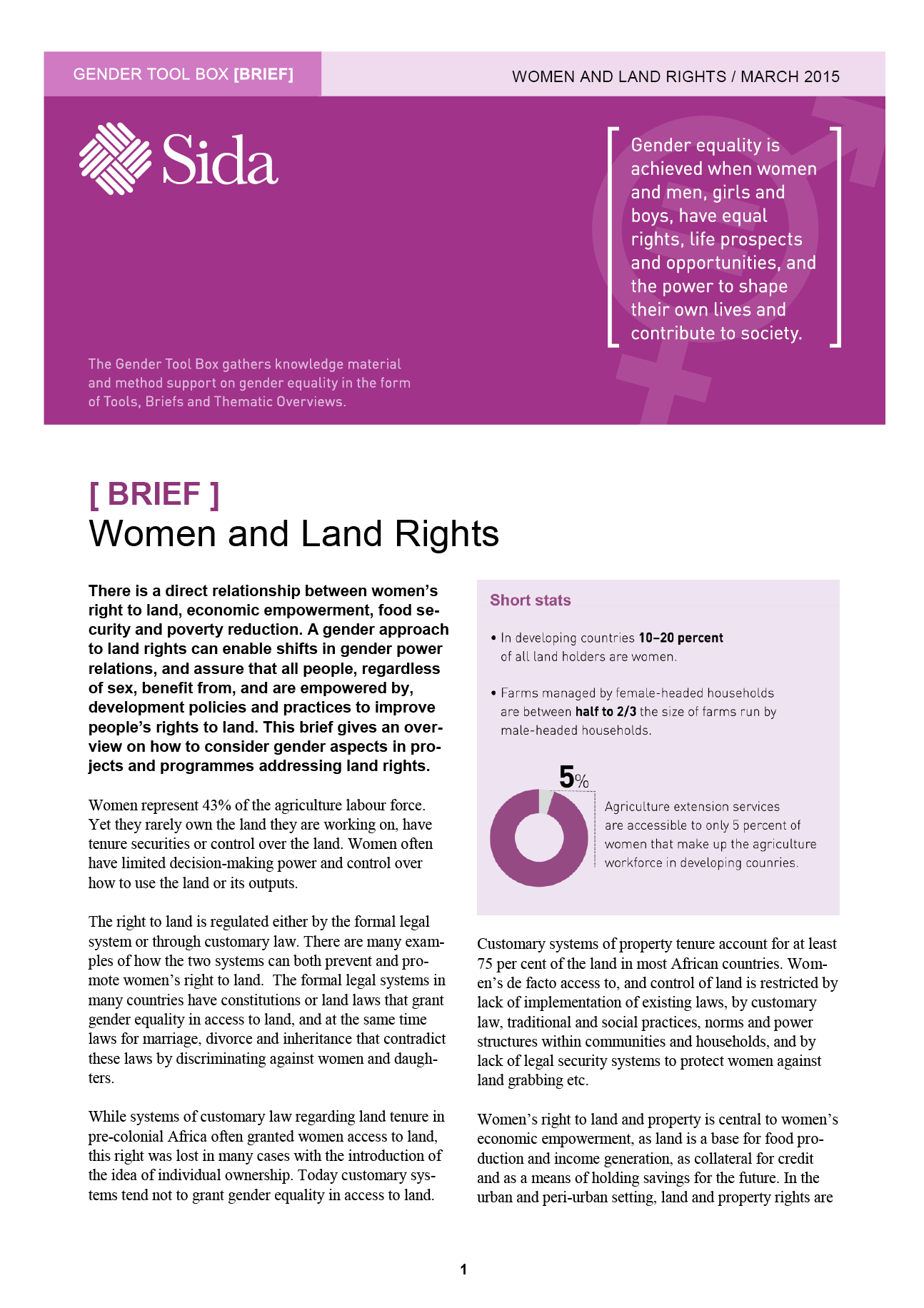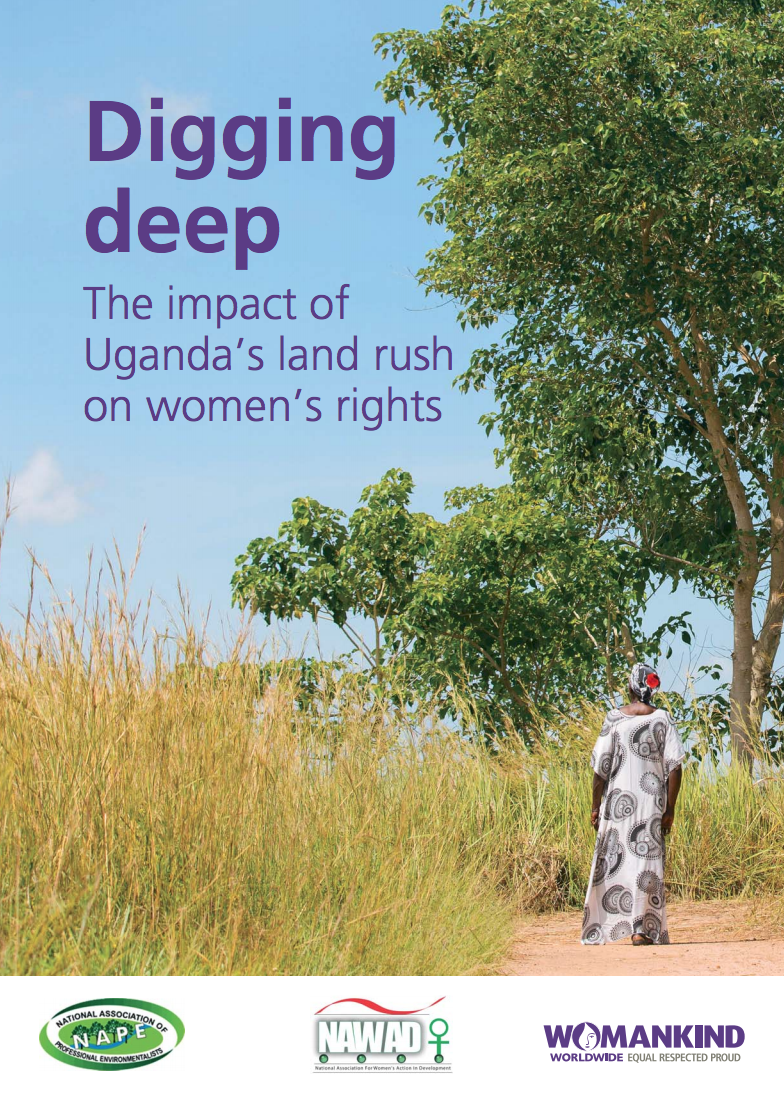Gender-responsive restoration guidelines
The Restoration Opportunities Assessment Methodology (ROAM) was developed by IUCN and the World Resources Institute (WRI) to assist countries in identifying opportunities for forest landscape restoration (FLR), analysing priority areas at a national or sub-national level, and designing and implementing FLR interventions. As part of IUCN’s effort to update the methodology, these guidelines have been developed to ensure the application of ROAM and the ensuing FLR implementation, including any policy uptake and land-use planning, is gender responsive.



